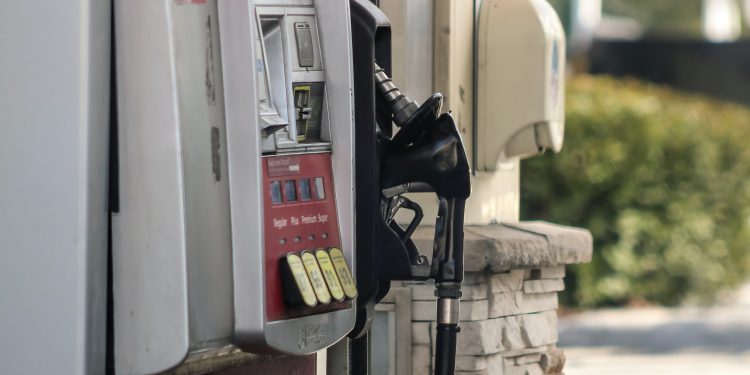New fuel price regulations come into effect, some stations already caught napping
Words: Zane Shackleton
Over the weekend, you may have noticed something a bit different at petrol stations across the country. As of last Friday, all stations must now display prices of every type of fuel they sell at the pump.
Before Friday, petrol stations could get away with advertising their best deals on select fuels on their roadside boards. More expensive fuels, such as 95 or 98 premium, were often left off these as it would deter consumers if they saw higher prices.
The change in regulation follows a market study done by the New Zealand Commerce Commission.
According to the Commission, forcing stations to advertise prices for all fuel they sell will help consumers make informed decisions about when and where they top up their tank.
“One of our findings at the retail level was that many stations didn’t display the prices of premium fuel,” Commerce Commission’s Anna Rawlings said. “[This] made it harder for motorists to shop around and understand the prices that different fuel retailers were offering.
“The new rules are designed to provide better visibility of all prices for motorists.
“They will level the playing field for retailers and improve competition for customers looking for a better deal at the pump.”
While it is a subtle change, it seems some stations have already been caught off guard. A Z station in Crofton Downs, Wellington, was not advertising the price of 95 on Friday.
However, a Z Energy spokesperson confirmed that the incident was a one-off mistake to Stuff. All stations should now be adhering to the rules.
As for how much the changes will affect consumer mindsets, it will likely only impact those living in urban areas who have more stations to choose from.
Fuel companies must also report their costs, prices and sales volumes back to the Commerce Commission.
According to Rawlings, doing so will give the Commission more understanding of the local fuel market. The Commission can then monitor any unfair or anti-competitive behaviour in the fuel sector.
But whether these changes will do anything to slow down New Zealand’s soaring fuel prices is still in the dark.
“The Fuel Industry Act does not control fuel prices,” Rawlings said.
“However, the new regime is designed to promote competition, particularly in wholesale fuel markets, and this is intended to ultimately benefit fuel consumers.”





